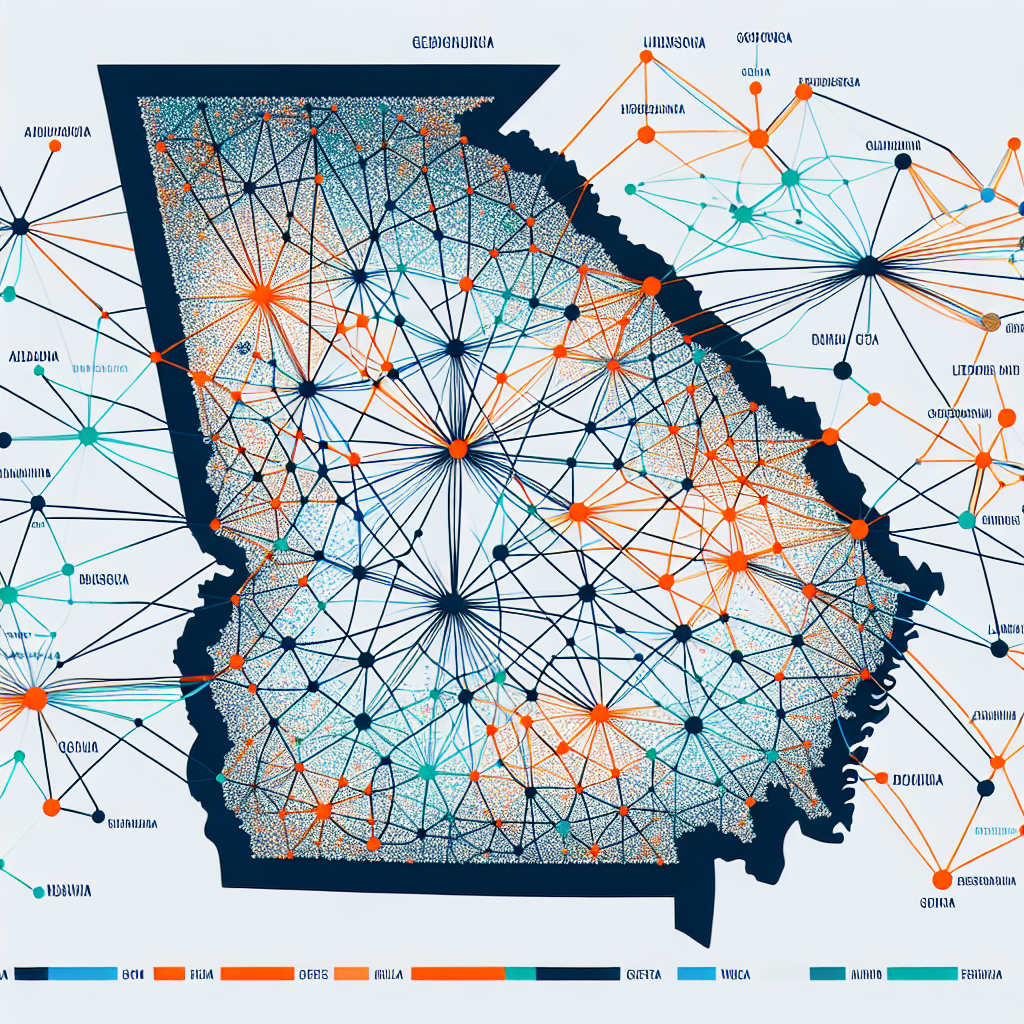Key Insights
- While liability insurance often kicks in for dog bite incidents, certain breeds might be blacklisted.
- Insurance providers sometimes blacklist particular dog breeds, viewing them as too risky to insure.
- Owning a dog deemed high-risk can lead to steeper home insurance premiums.
Dogs—America’s favorite companions—fill nearly 90 million households as per the Insurance Information Institute (Triple-I). Yet, despite their charm, dogs bring an added layer of risk. If your canine companion bites someone, you could face legal and financial responsibility. That’s why it’s crucial to understand what your homeowner’s insurance policy actually covers. While many policies include pet bite claims, exceptions are common, particularly for certain dog breeds.
Will Your Homeowners Insurance Shield You if You Have a Dog?
Every year, thousands of claims stem from dog bites and related injuries, resulting in costly medical bills. In 2023 alone, the average payout for dog bite claims hovered around $58,545, highlighting the significant financial exposure. Home insurance is designed to safeguard you against liability if you’re found liable for injuries or damage caused by your dog on or off your property. However, the extent of this protection often hinges on the breed and history of your dog.
Standard coverage typically applies when someone is bitten by your dog either on your property or elsewhere. Nevertheless, if your furry friend belongs to a breed flagged as restricted by your insurer, your claim might be denied outright. To avoid unpleasant surprises, carefully review your policy’s fine print regarding pet coverage before the need arises. If in doubt, reach out to your insurer for detailed clarification.
Which Dog Breeds Are Commonly Excluded from Coverage?
Insurance companies often maintain lists of breeds considered aggressive or “restricted” due to their higher likelihood to inflict injuries or cause significant damage, especially larger breeds. To mitigate potential losses, many insurers enforce breed restrictions, though some prioritize your dog’s bite history over breed alone.
While these lists vary between insurers, the breeds frequently flagged include:
- Akita
- Alaskan Malamute
- Chow Chow
- Doberman Pinscher
- German Shepherd
- Husky
- Mastiff
- Pit Bull
- Presa Canario (Canary Dog)
- Rottweiler
- Wolf Hybrid
Even if your dog’s breed isn’t on the blacklist, a history of biting can jeopardize your ability to secure coverage.
Breed-Specific Legislation Explained
Over 700 U.S. municipalities have enacted breed-specific laws aimed at banning or regulating certain dog breeds to curb dog attack incidents. Despite these efforts, the American Veterinary Medical Association (AVMA) discourages such breed-targeted regulations, pointing out that any dog can bite and that these laws are tricky to enforce uniformly.
Instead, both AVMA and Triple-I advocate for alternative strategies to slash dog bite occurrences, including:
- Outlawing dog fighting
- Increasing affordable spay and neuter programs
- Strict enforcement of existing licensing requirements
- Community-driven enforcement efforts
- Educational initiatives for schools and adults on canine behavior
Mid-text fact snippet: In 2023, dog bites accounted for approximately 4.5 million injuries in the U.S., with children making up nearly half of the victims, emphasizing the public safety and financial impact of dog-related incidents.
What If Your Insurance Won’t Cover Your Dog?
If your insurer excludes your dog due to breed restrictions or refuses coverage because of your pet, several options exist to help you find suitable homeowner’s insurance:
- Service dogs often receive special exceptions—certify your dog’s status to possibly bypass restrictions.
- Pursue a Canine Good Citizen certificate via the American Kennel Club (AKC), which may convince insurers to reconsider your dog’s risk profile.
- Shop around for insurers who maintain more lenient breed policies.
- Request your insurer to omit your dog from the policy instead of canceling your insurance, then seek specialized canine liability coverage.
For personalized advice, engage directly with your insurance provider or agent to explore viable solutions tailored to your situation.
Insurance Companies Less Likely to Enforce Breed Discrimination
Several states have enacted or are working toward laws preventing insurers from discriminating against dog breeds. If you reside in a state without such protections but need dog-inclusive homeowner’s coverage, consider companies such as AIG (subject to eligibility). These insurers typically maintain shorter restricted breed lists or none at all, though a dog’s bite history remains a critical factor in coverage eligibility.
How Does Your Dog Influence Your Insurance Premium?
The financial fallout from dog bites can be severe, encompassing medical costs and legal settlements. With average dog bite claim payouts surpassing $58k in 2023, insurers may respond by hiking premiums if your dog bites someone. To better manage your insurance costs and reduce bite risks, industry experts advise:
- Researching breeds thoroughly before bringing a dog home
- Understanding canine body language cues
- Monitoring children’s interactions with dogs closely
- Starting dog training early
- Introducing your dog to varied environments
- Keeping vaccinations and veterinary check-ups up to date
- Adhering to local leash laws
- Consulting veterinary behaviorists or trainers if aggressive tendencies arise
Recognizing signs of distress—like avoiding eye contact, crouching, tucking the tail, growling, or trying to appear larger—can prevent bite incidents by signaling when a dog feels threatened or uneasy. Giving a stressed dog space is often the safest bet.
Common Questions About Dogs and Homeowners Insurance
What If I Don’t Disclose My Dog to My Insurance Company?
While skipping this step might save you a few bucks temporarily, withholding information about your dog or its breed can backfire dramatically. Should your dog bite someone and you file a claim, denial is likely if your dog isn’t listed on your policy. You could end up personally liable for all medical and legal costs, potentially surpassing $60,000. Honesty about your pets when buying insurance tends to be the wisest course.
Can I Get Insured If I Have a Mixed Breed Partly on the Restricted List?
Coverage depends heavily on the insurer. Being upfront and detailed about your dog’s breed and bite history allows your agent to provide accurate policy advice. Some insurers exclude mixed breeds if part of the lineage is restricted, while others focus more on behavioral history than breed alone.
Could My Insurance Be Canceled Because I Own a Restricted Breed?
Insurance providers aren’t obligated to cover any individual and may cancel policies if you own a dog flagged as restricted. Falsifying information about your dog or hiding bite incidents can lead to policy rescission. Should your coverage be canceled, seek insurers willing to cover your dog before switching.
Are Dog Bites Covered by Homeowners Insurance?
Your policy might cover bites but coverage fluctuates vastly depending on your insurer and specific terms. Usually, coverage is capped at your liability limit and assumes no prior bite history. Coverage may not extend to household members. To be safe, consult your insurer to confirm coverage details or shop for a policy that explicitly covers your dog.








